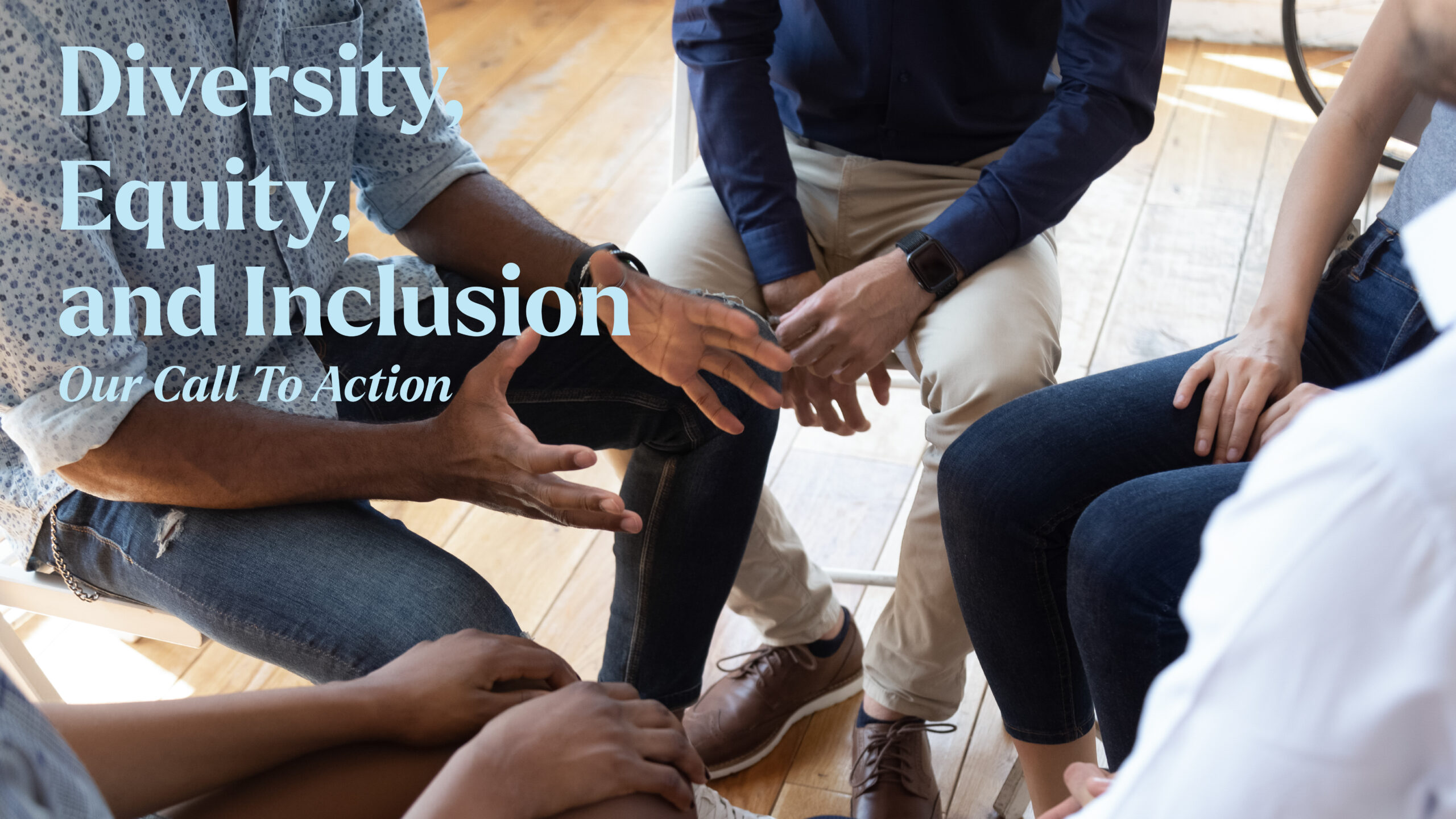Diversity, Equity, and Inclusion, or DEI, is a term used to describe a culture that engages and encourages the representation and participation of all members of our community. And in a way that honors and values similarities and differences.
At Alluma, DEI drives the agency’s approach to how it welcomes its communities and collaborates with and serves the people in them. So much so that Alluma formed “Team JEDI.” Team JEDI, explains Chris Green, LICSW, Manager of Trauma-Informed Care and an Outpatient Clinician at Alluma, is “tasked with seeking and implementing Justice, Equity, Diversity and Inclusion initiatives.”
Agencies, organizations, and businesses, Alluma among them, use the Intercultural Development Inventory (IDI) to gauge where they are at when it comes to their efforts in the DEI realm. The IDI is a tool that assesses intercultural competence — “the capability to shift cultural perspective and appropriately adapt behavior to cultural differences and commodities,” according to its website.
While that’s all well and good and, at the same time, might sound a bit too official and even slightly intimidating to pull off, Green says that DEI is a priority at Alluma.
“The importance of this work cannot be understated,” he notes.
“As a nation and a global community, we are seeing the significant impact that power dynamics, oppression, subjugation, and historical trauma played on past and present human suffering and relationships.”
With that in mind, Alluma follows the six guiding principles of trauma-informed care to serve in a way that facilitates the most effective and supportive healing environment, Green continues. “It is vitally important that we are a part of the healing solution and not contributing to policies and practices that have caused suffering individually and collectively,” he stresses.
That’s where the IDI is such a critical resource, Green says. “The IDI provides an opportunity for us to look honestly at our strengths and growth areas as individual providers and collectively as Alluma,” he explains.
Alluma strives to be a trauma-informed care place of excellence in the region and the nation. “That requires us to be doing our own work in an honest and transparent way,” he says. “Culturally-responsive and safe care for everyone who walks through our doors is and always will be a priority here at Alluma.”
So how will clients and communities notice Alluma’s work and efforts to make DEI initiatives a focal point?
It’s about showing consistent growth as an agency, Green states. Never being satisfied and never proclaiming that Alluma has achieved all it can in DEI.
“We acknowledge and recognize one of our biggest growth areas is navigating cultural differences between our providers and clients. We take this feedback seriously and are committed to the work that needs to be done,” he explains. “Ideally, this will mean recruitment and retention of providers, higher satisfaction from our clients, and most importantly, better outcomes and healthier lives for the people we serve.”
In his role at Alluma, DEI is personal for Green.
“For me, it is my heart’s desire to help create a space where all truly feel welcome, to have a place and feel in the depths of their being a sense of being understood and belonging and celebrated for who they are in their similarities and differences.”
And it’s bigger than Alluma, he stresses.
“The work we are doing here will hopefully continue in the community at large; this is too important to stay within the walls of Alluma,” Green says.
“I would love to see this transcend our agency and become the work of every individual in every community.”
 |
Chris Green, MSW, LICSW Manager of Trauma-Informed Care, Mental Health Professional |

